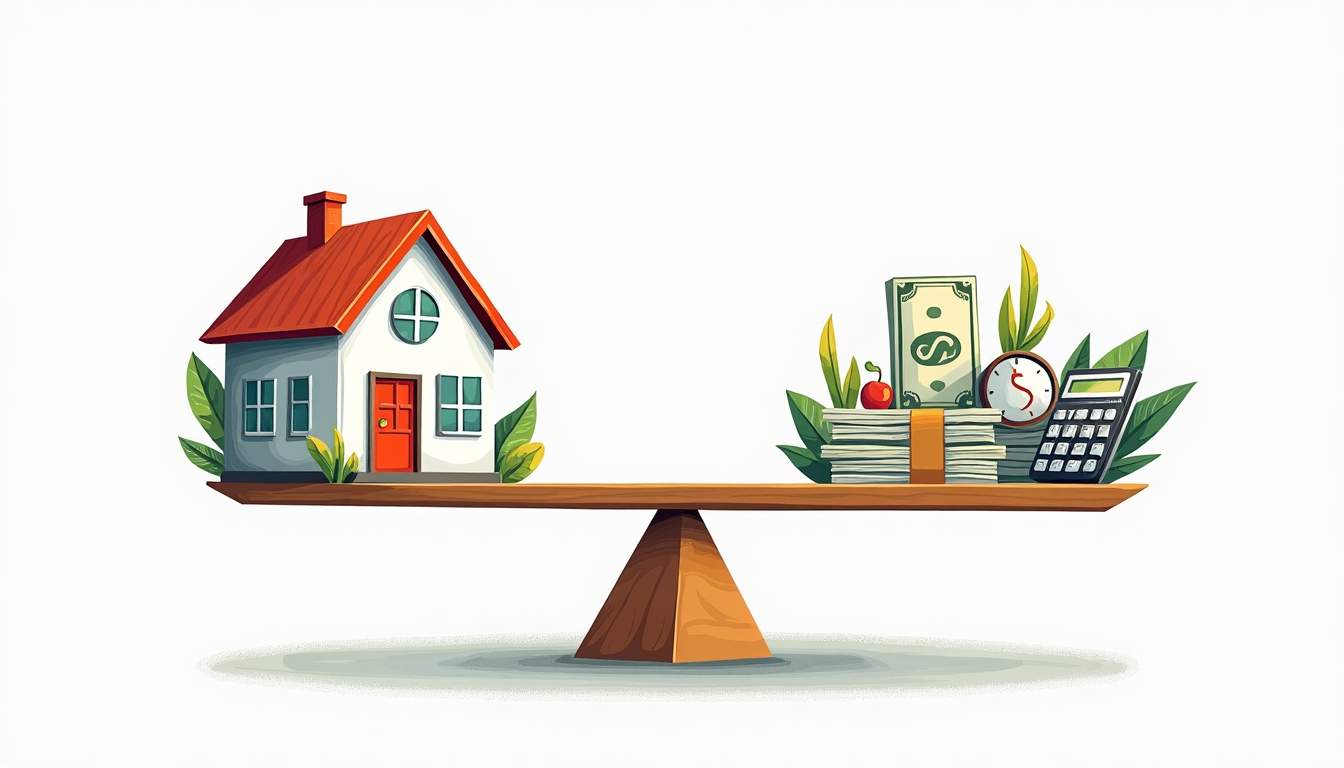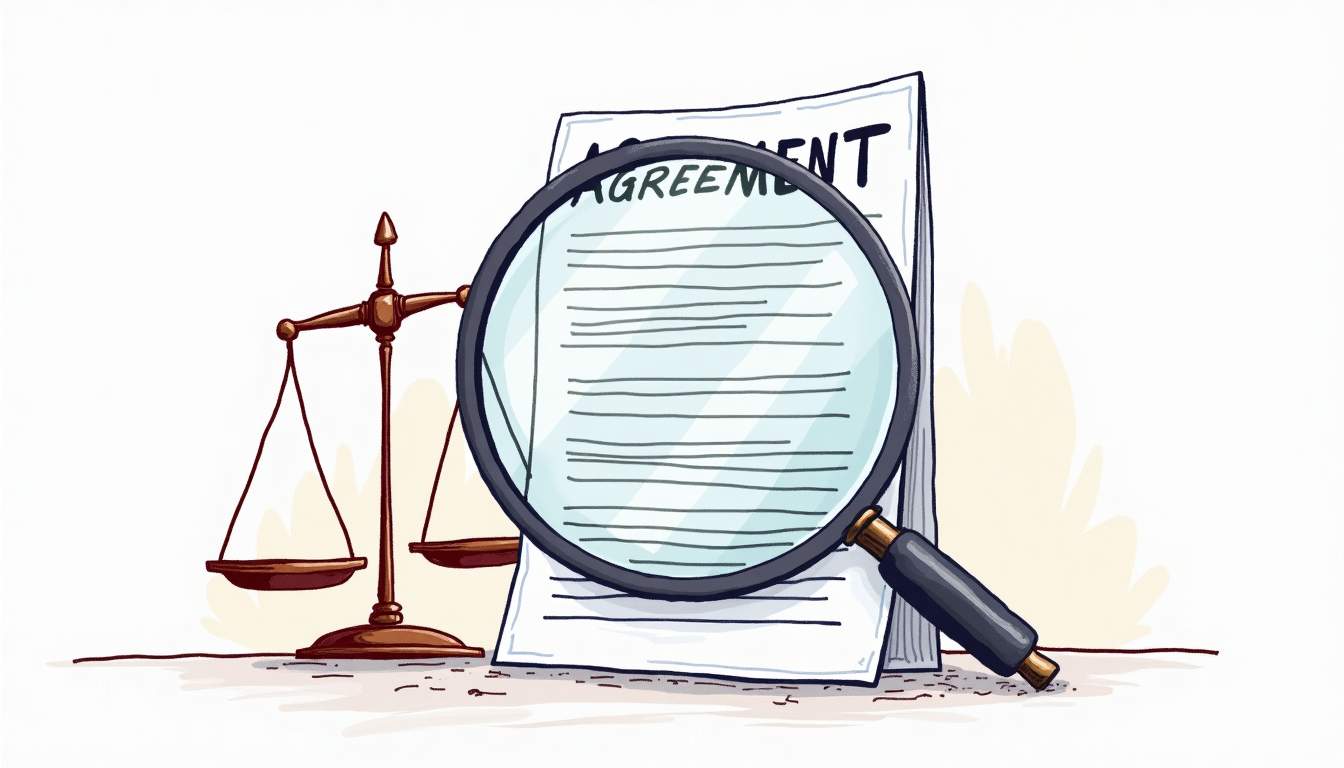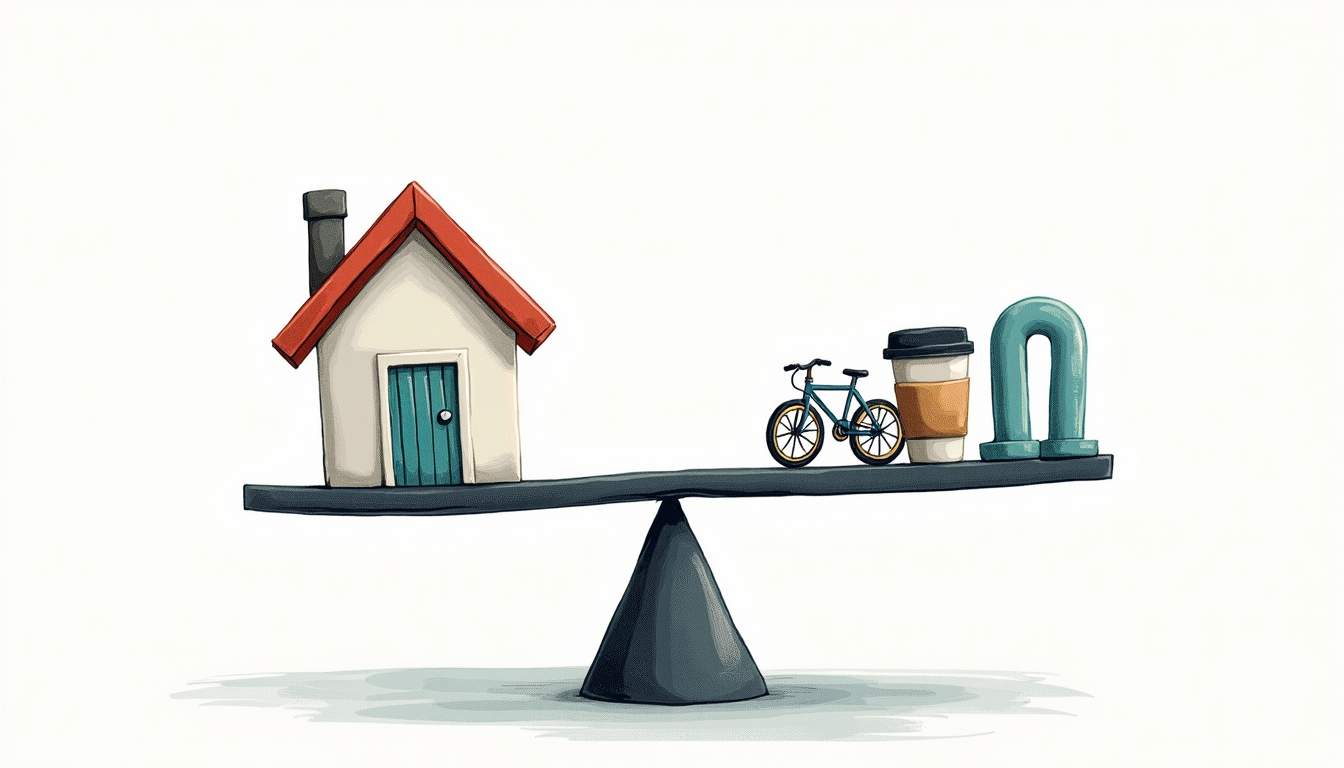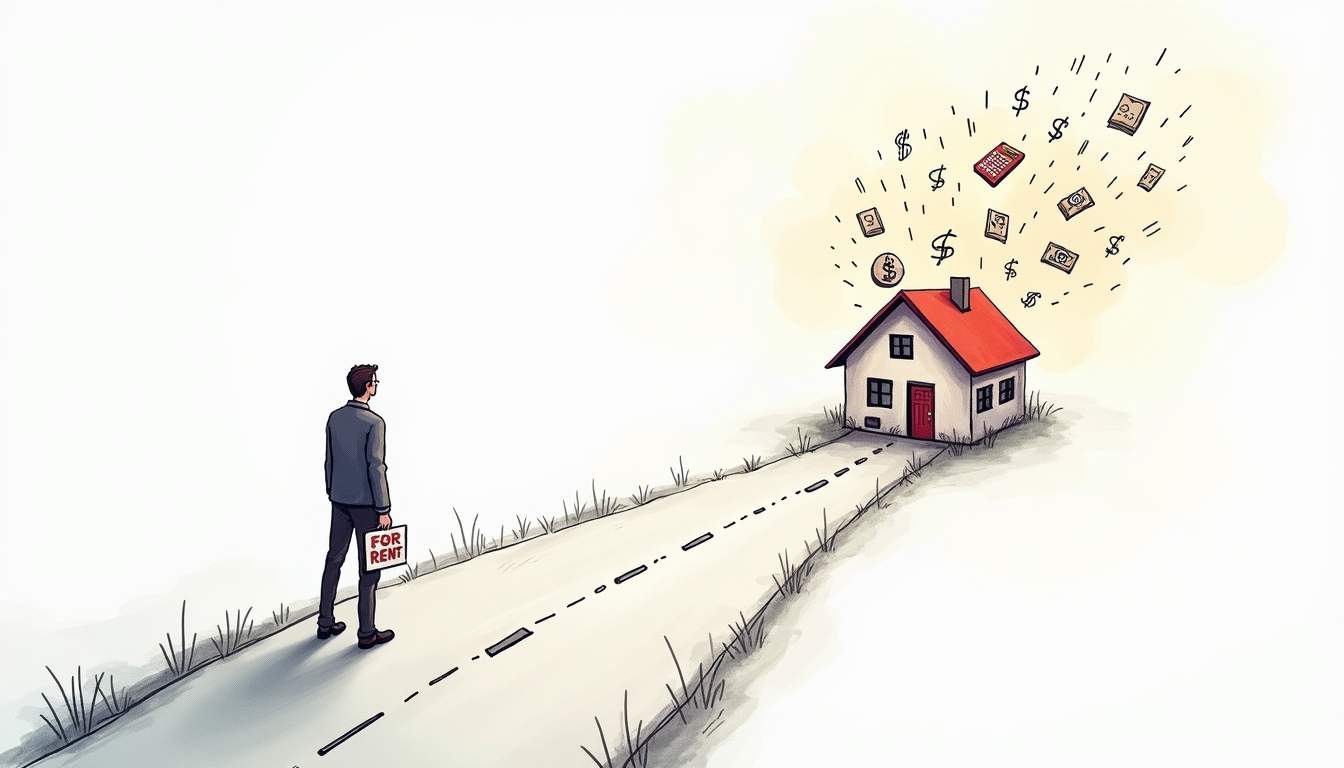
You’ve found a rental that ticks all the boxes-great location, modern appliances, and a price that seems just right. You’re ready to sign the lease and move in. But have you paused to ask yourself if you can truly afford it? The rent might fit your budget on paper, but what about the hidden costs and lifestyle adjustments that come with it?
Understanding More Than Just the Monthly Rent
Monthly rent is the headline number that grabs your attention, but it’s only part of the story. When budgeting for a lease, many people overlook the additional expenses that can quickly add up.

Utilities, for example, can vary widely depending on the property and your usage. Some rentals include water, gas, or electricity in the rent, while others leave you responsible for all utility bills. If you don’t clarify this upfront, you might find yourself shelling out hundreds more each month. Additionally, internet and cable services can also be significant costs that renters often forget to factor in. In today’s digital age, having a reliable internet connection is essential, and providers can charge hefty fees for installation and monthly service. It’s wise to research local providers and their pricing before signing a lease to avoid any unpleasant surprises.
Then there’s renters insurance. It’s often required by landlords but sometimes gets skipped by tenants trying to save money. Without insurance, you risk losing your belongings or facing liability costs if something goes wrong. The cost is usually modest—around $15 to $30 monthly—but it’s a necessary expense. Moreover, renters insurance can also provide coverage for additional living expenses if your rental becomes uninhabitable due to a disaster, such as a fire or flood. This means that if you need to temporarily relocate, your insurance can help cover those costs, making it a smart investment in your peace of mind.
Another often overlooked cost is maintenance and repair fees. While landlords are typically responsible for major repairs, some leases may require tenants to handle minor maintenance tasks or even cover certain repairs. It’s important to read your lease carefully and understand your responsibilities. Additionally, if you have pets, there may be extra fees involved, such as pet deposits or monthly pet rent. These costs can add up quickly, so be sure to factor them into your overall budget when considering a rental property. For landlords looking to simplify management, visit Property Store the best property management software in the UK to source deals, manage lettings, and scale your business in one app.
Hidden Costs That Can Catch You Off Guard
Security Deposits and Upfront Fees
Security deposits can be hefty, sometimes equal to one or two months’ rent. This isn’t money you get to keep, but it’s a significant upfront cost that must be paid before moving in. Beyond the deposit, there might be application fees, credit check fees, or administrative charges.
These fees aren’t just annoying—they can strain your cash flow if you haven’t planned for them. It’s important to ask the landlord or leasing agent for a breakdown of all upfront costs before you commit. Additionally, be aware that some landlords may also require renters’ insurance, which can add another layer of expense. This insurance is designed to protect your personal belongings and provide liability coverage, but it’s yet another cost you’ll need to factor into your budget. Understanding the total financial commitment before signing a lease can save you from unexpected financial strain down the line.
Maintenance and Repairs
While landlords typically handle major repairs, tenants often cover minor maintenance or damages caused by themselves. This might include replacing light bulbs, unclogging drains, or fixing small holes in the walls. If the rental is older or less well-maintained, you might face more frequent or costly upkeep.
Consider whether you have the time, skills, and budget to handle these responsibilities. Sometimes, a slightly higher rent for a newer or professionally managed property can save you money and stress in the long run. Moreover, it’s wise to inquire about the property’s maintenance history. A place with a history of frequent repairs might indicate underlying issues that could lead to more significant problems—and costs—later. Knowing how quickly a landlord responds to maintenance requests can also be a crucial factor in your decision-making process.
Transportation and Parking
Location is a huge factor in affordability. A cheaper rent far from your workplace or essential services might mean higher transportation costs. Gas, public transit fares, or rideshares can add up quickly.
Don’t forget parking fees. Some apartments charge for parking spots, and street parking might be limited or risky. If you own a car, factor in insurance, maintenance, and potential fines for parking violations. Furthermore, consider the time lost in commuting. Longer travel times can lead to increased wear and tear on your vehicle, as well as higher fuel consumption. If you rely on public transportation, research the reliability and frequency of service in the area. A well-connected transit system can mitigate some of the costs associated with living farther from your workplace, while a lack of options could lead to frustration and additional expenses. Understanding the full scope of transportation-related costs will help you make a more informed decision about your living situation.
How to Calculate True Affordability
Start by listing every expected cost associated with the rental. Include rent, utilities, insurance, deposits, fees, transportation, and estimated maintenance. Then, compare this total to your monthly income.
Financial experts often recommend that housing costs not exceed 30% to 35% of your gross income. But this is a guideline, not a rule. Your personal situation—debts, savings goals, lifestyle—should influence what’s truly affordable for you.
It helps to create a detailed budget that accounts for all your expenses, not just housing. This way, you can see how the lease fits into your overall financial picture and avoid surprises down the road.
Additionally, consider the potential for unexpected costs that may arise during your tenancy. For instance, maintenance issues can crop up at any time, and it’s wise to set aside a portion of your budget for repairs or emergencies. Similarly, fluctuations in utility costs, especially in extreme weather conditions, can affect your monthly expenses. By anticipating these variables, you can create a more robust financial plan that accommodates both expected and unexpected costs.
Moreover, think about your long-term financial goals when assessing affordability. If you’re aiming to save for a major purchase, such as a home or a significant investment, it may be prudent to allocate a larger portion of your income towards savings rather than housing. This could mean opting for a more modest rental that allows you to put aside extra funds each month. Balancing your current living situation with your future aspirations is key to achieving true affordability and financial stability.
Don’t Forget the Lifestyle Impact
A lease isn’t just a financial commitment, it’s a lifestyle one. Will this rental support your daily routines, social life, and personal goals? Sometimes, a lower rent comes with compromises like longer commutes, fewer amenities, or less safety.

Think about what you value most. Is it proximity to work, access to green spaces, or a vibrant neighborhood? Can you realistically maintain your hobbies and relationships in this new location? True affordability includes the quality of life you’ll have, not just the numbers on a spreadsheet.
Consider the impact of your surroundings on your mental and physical well-being. Living in a neighborhood with parks and recreational facilities can encourage a more active lifestyle, while a community with local cafes and cultural events can foster social connections and creativity. The right environment can inspire you to pursue new interests, whether it’s joining a local sports league, attending art classes, or simply enjoying leisurely strolls in the park. On the other hand, a less desirable area might lead to feelings of isolation or frustration, which can affect your overall happiness.
Moreover, think about the long-term implications of your choice. A place that feels right today might not suit your needs in a few years as your career or family dynamics change. Are there schools nearby if you plan to start a family? Is the area likely to appreciate in value, or is it on the decline? These factors can significantly influence your lifestyle and financial situation down the road, making it crucial to look beyond the immediate benefits of a lease and consider how it aligns with your future aspirations.
Negotiating and Planning Ahead
If the rent feels tight but the place is perfect, don’t be afraid to negotiate. Landlords might be willing to offer a discount, waive certain fees, or include utilities to close the deal. It never hurts to ask.
Also, consider your lease term carefully. A longer lease might lock in a lower rate, but it reduces flexibility. A shorter lease gives you options but might cost more. Think about your job stability, future plans, and how long you realistically want to stay.
When to Walk Away
Sometimes, the best decision is to keep looking. If the total cost stretches your budget too thin or the lifestyle compromises feel too big, it’s okay to say no. Renting is a significant commitment, and rushing into a lease can lead to financial strain and regret.

Waiting for the right place that fits both your budget and your life is worth it. A little patience now can save a lot of headaches later.
Final Thoughts
Renting isn’t just about finding a roof over your head. It’s about finding a home that fits your finances and your life. True affordability means looking beyond the rent and considering all the costs and impacts involved.
Before signing that lease, take a deep breath, do the math, and think about what you really need. Your future self will thank you.

